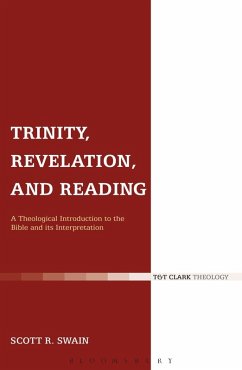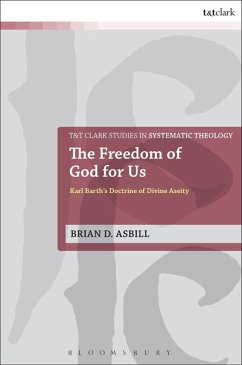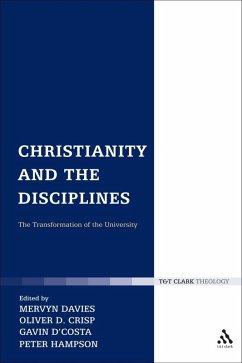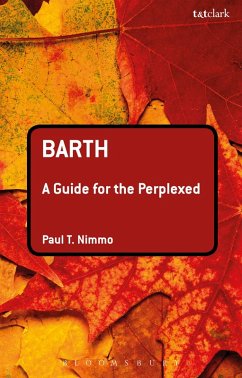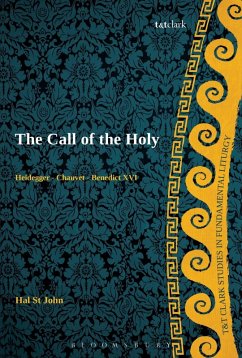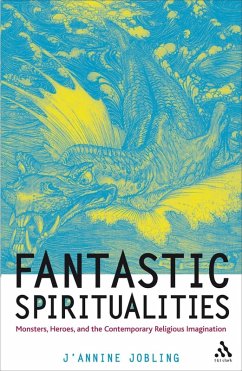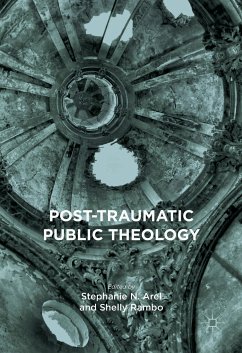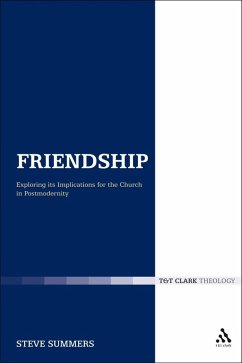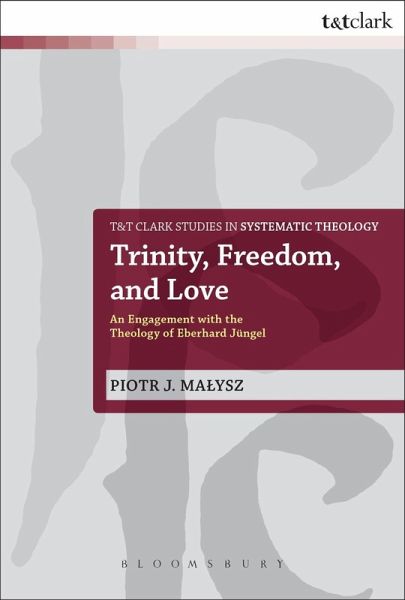
Trinity, Freedom and Love (eBook, PDF)
An Engagement with the Theology of Eberhard Jüngel
Versandkostenfrei!
Sofort per Download lieferbar
27,95 €
inkl. MwSt.
Weitere Ausgaben:

PAYBACK Punkte
14 °P sammeln!
By critically engaging Eberhard Jüngel's doctrine of the Trinity, this volume makes a broader, constructive contribution to contemporary trinitarian thought.The argument centers on the question - posed by the inconsistencies uncovered in Jüngel's doctrine of God - of how one can assert both divine freedom and the inter-subjectivity of God's trinitarian self-determination. Can one maintain God's freedom in the interest of divine spontaneity and creativity, while remaining committed to inter-subjective vulnerability which the Cross entails as an event of divine love? Malysz suggests that a res...
By critically engaging Eberhard Jüngel's doctrine of the Trinity, this volume makes a broader, constructive contribution to contemporary trinitarian thought.The argument centers on the question - posed by the inconsistencies uncovered in Jüngel's doctrine of God - of how one can assert both divine freedom and the inter-subjectivity of God's trinitarian self-determination. Can one maintain God's freedom in the interest of divine spontaneity and creativity, while remaining committed to inter-subjective vulnerability which the Cross entails as an event of divine love? Malysz suggests that a resolution to this problem lies in a logic of divine freedom, which, next to the trinitarian logic of love, constitutes a different and simultaneous mode of trinitarian relationality. To develop this logic, Malysz draws on Jüngel's understanding of human freedom as rooted in the "elemental interruption" of the self-securing subject. Malysz thus not only brings Jüngel's view of divine freedom into correspondence with the anthropological effects that Jüngel ascribes to it, but, above all, offers an imaginative, new way of closely integrating the doctrine of God and theological anthropology.




